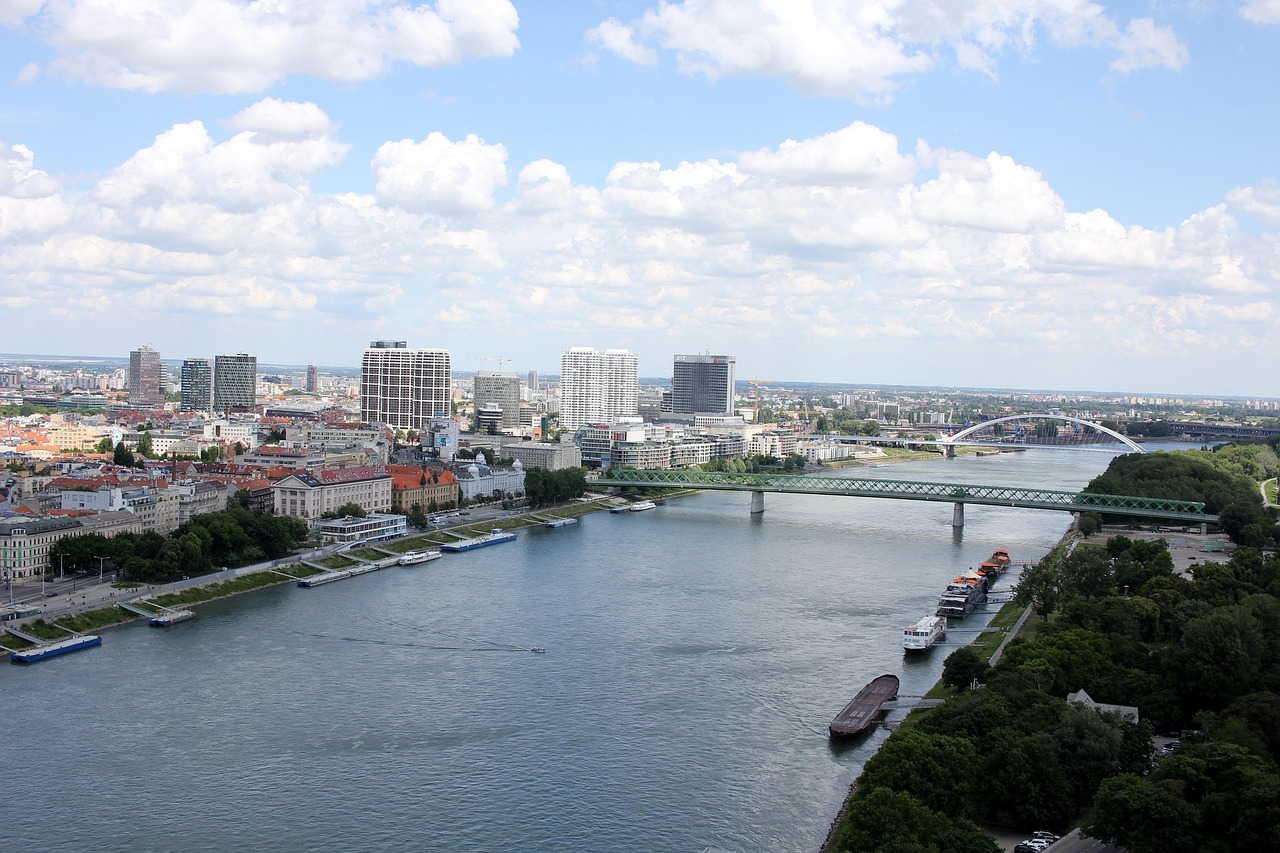
The bilingual nameplate of the Hungarian Association political party was taken down, sparking concern over minority rights and multilingualism.Continue reading

In a recent survey conducted by the NMS agency for the Slovak daily SME, the preferences of Slovak Prime Minister Robert Fico’s governing Smer party are showing a consistent decline. They are down to a historic 17.4% since the 2023 elections, while their radical left-wing arch-rivals, Progressive Slovakia are up on 23.9%. This trend could have serious consequences for the revival of the dormant Visegrad 4 alliance.
The Slovak right-leaning news portal, hlavnespravy.sk has summed up the reasons for SMER’s decline in six points:
1. It is not enough to call press conferences about alleged coups directed against the government, while, one of the main actors, Georgian paramilitary leader Mamuka Mamulashvili was seen taking selfies at the Presidential Palace gardens in the capital Bratislava. In other words, the Slovak intelligence services have been caught sleeping, while a possible subversion is under way.
2. Investigations into the scandals of former Prime Minister Igor Matovic’s previous governments have stalled. During a year and a half of the Fico government not a single one of the alleged transgressions of the previous leadership have been investigated.
3. Citizens are taxed out of their pockets because of the debts of the former Matovic government, yet the current government has spared no expense at all on the spending side either, such as a massive increased spending on armaments.
4. The constant squabbling between coalition members do not contribute to Smer’s popularity, especially the ones among their radical right-wing coalition partners, the Slovak National Party (SNS).
5. In terms of foreign policy, Prime Minister Robert Fico says one thing at home in press conferences and acts quite differently in practice. Strong words are said against the EU’s constant power grab and Ukraine’s demands for support, but Mr. Fico has eventually singed literally anything and everything that has been put under his nose from Brussels.
6. Finally, a failure to deliver on pre-election promises is eroding trust among voters. Military and financial aid to Ukraine, so vilified during the election campaign, continues unabated, and the investigation into the handling of the pandemic is also nowhere in sight.
Now in third place, the extra-parliamentary nationalists, Republic, are picking up votes from disillusioned SMER voters. Fico’s main coalition partners, current President Peter Pellegrini’s Voice (Hlas), are now tailing with 9.2%, down from 14.7%. This means that the current coalition would not be able to form a government at the next elections.
Robert Fico’s woes could have dire ramifications for the Visegrad 4 alliance (Czechia, Slovakia, Hungary, Poland), should the Slovak Progressives be able to form a government at the next elections.
Viktor Orbán has relied heavily on the support of his Visegrad partners during the Angela Merkel-induced 2015 migrant invasion. The four governments have also jointly succeeded in presenting a strong firewall against Brussels’ federalist dreams, however, now that two of them are in the grip of left-wing governments (Czechia and Poland), the alliance is on life-support.
The victory of Karol Nawrocki in recent Polish presidential elections, as well as the almost certain victory of Andrej Babis’s ANO party in the Czech Republic this coming Autumn has raised the prospects of the renewal of this precious Central-European cooperation among conservatives. Robert Fico’s flip-flopping, however, may drop a spanner in these works.
Via hlavnespravy.sk; Featured Image: MTI/Miniszterelnöki Sajtóiroda/Fischer Zoltán